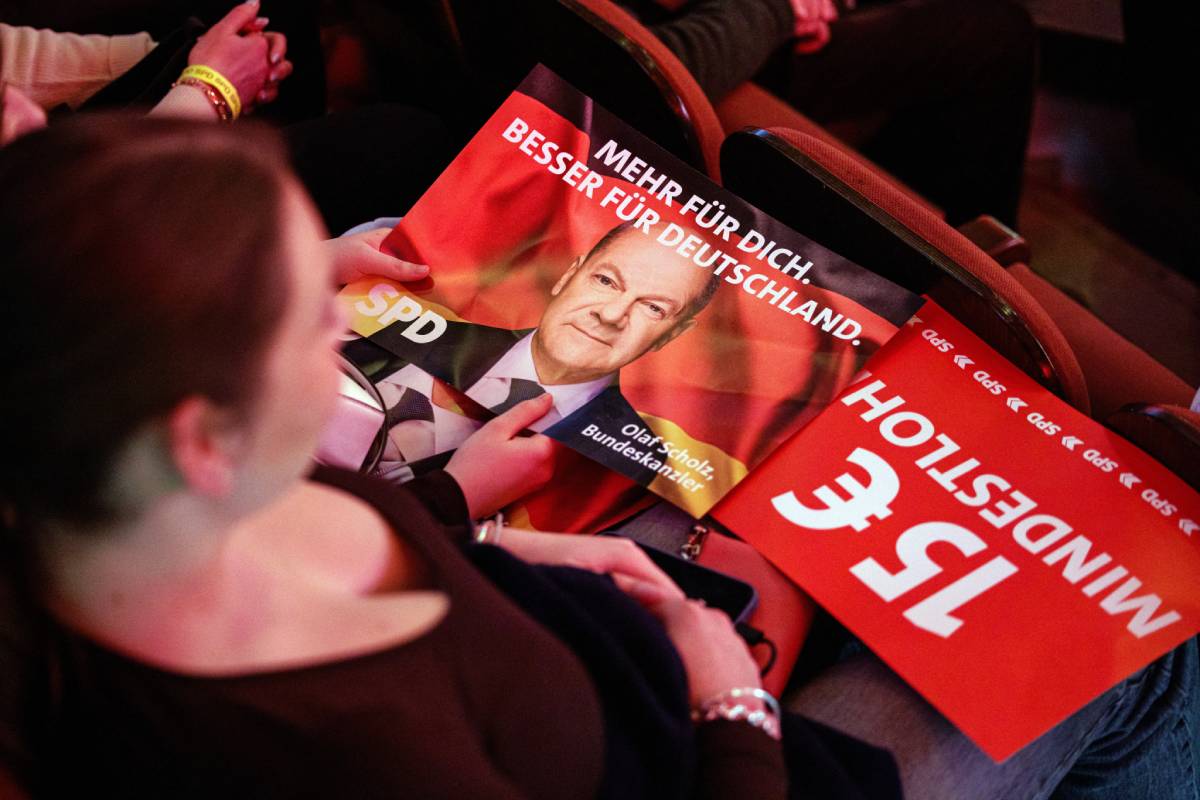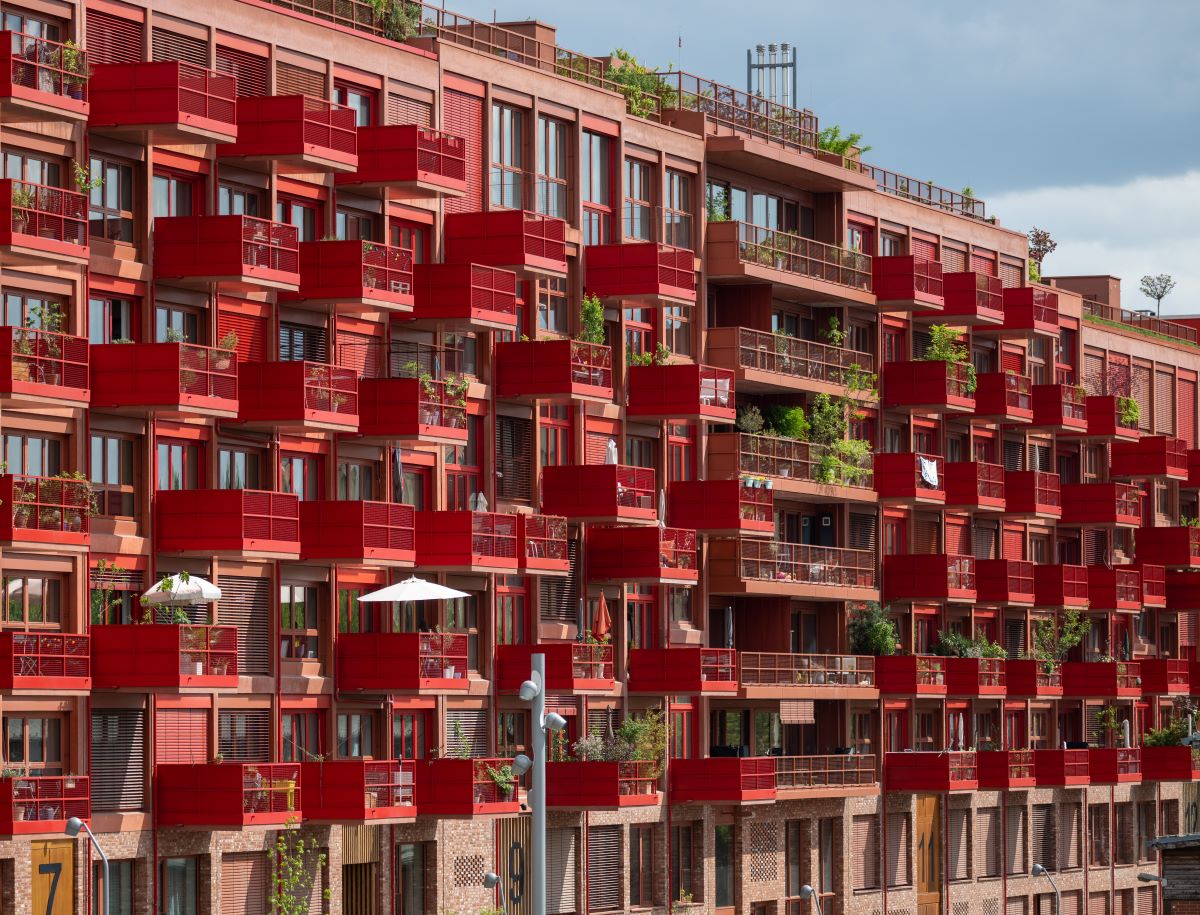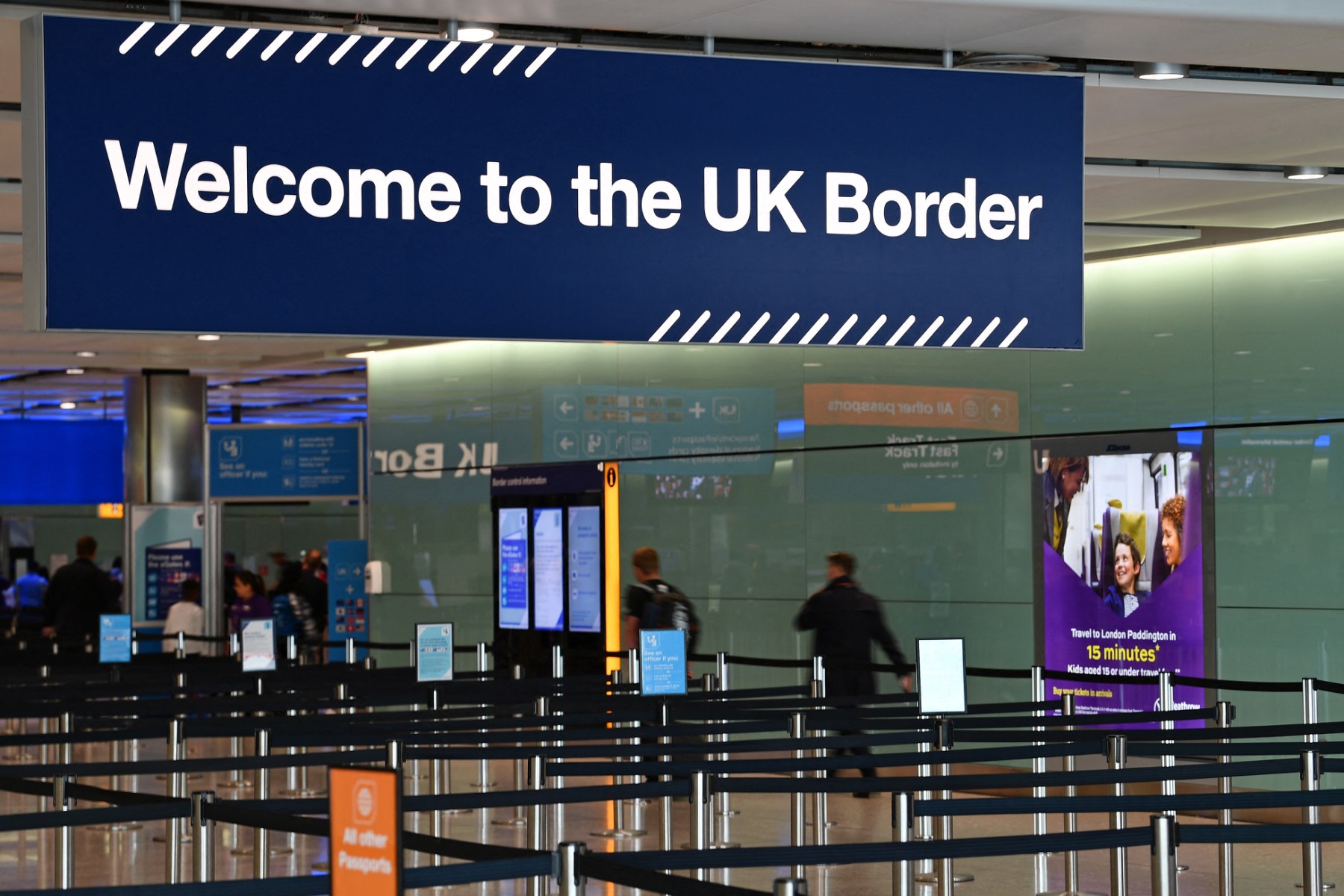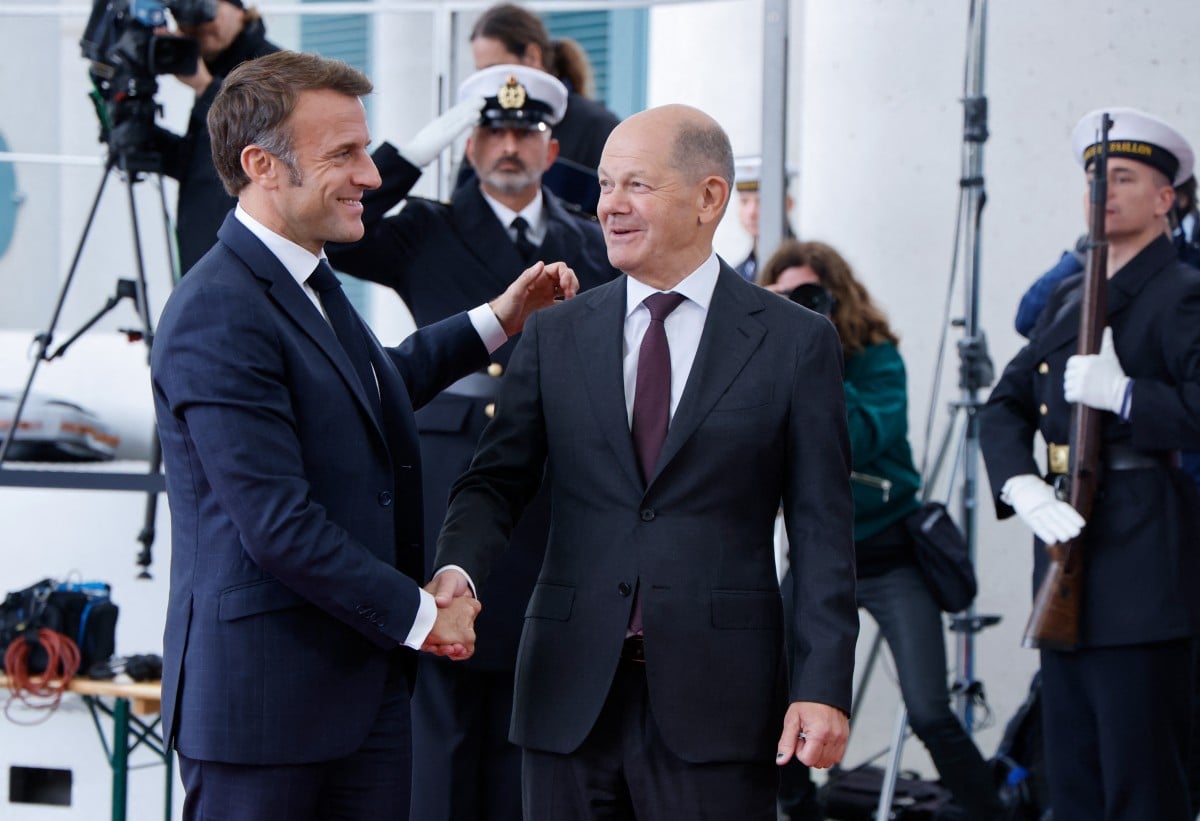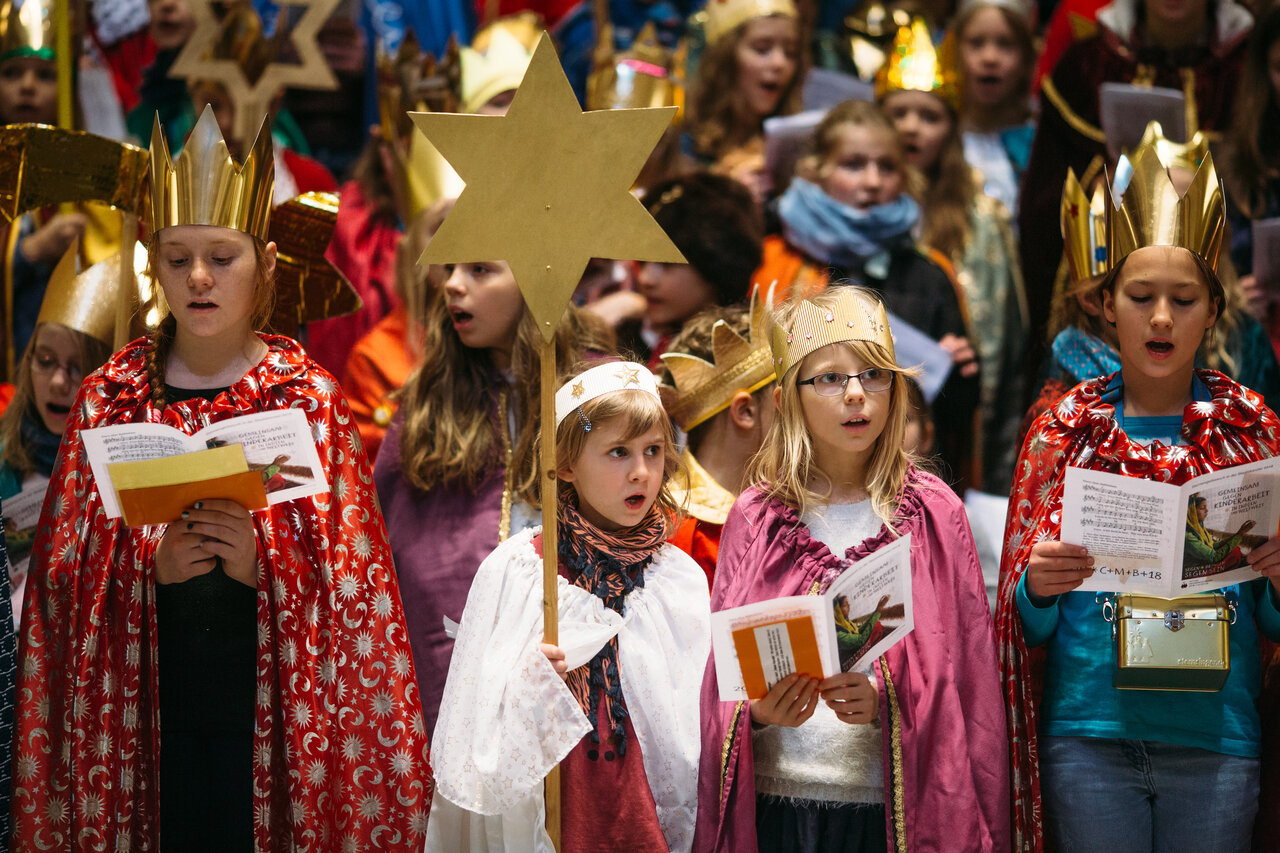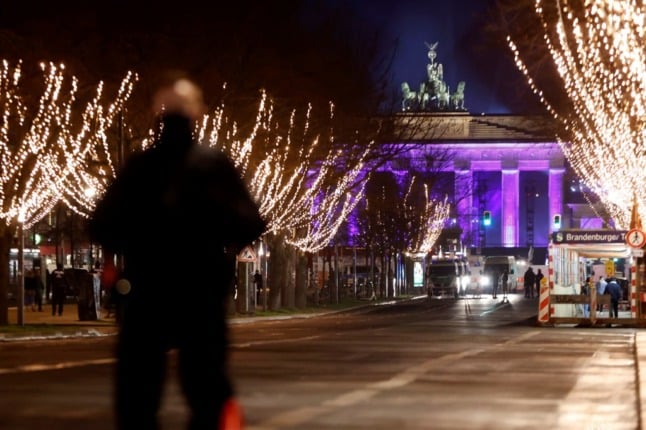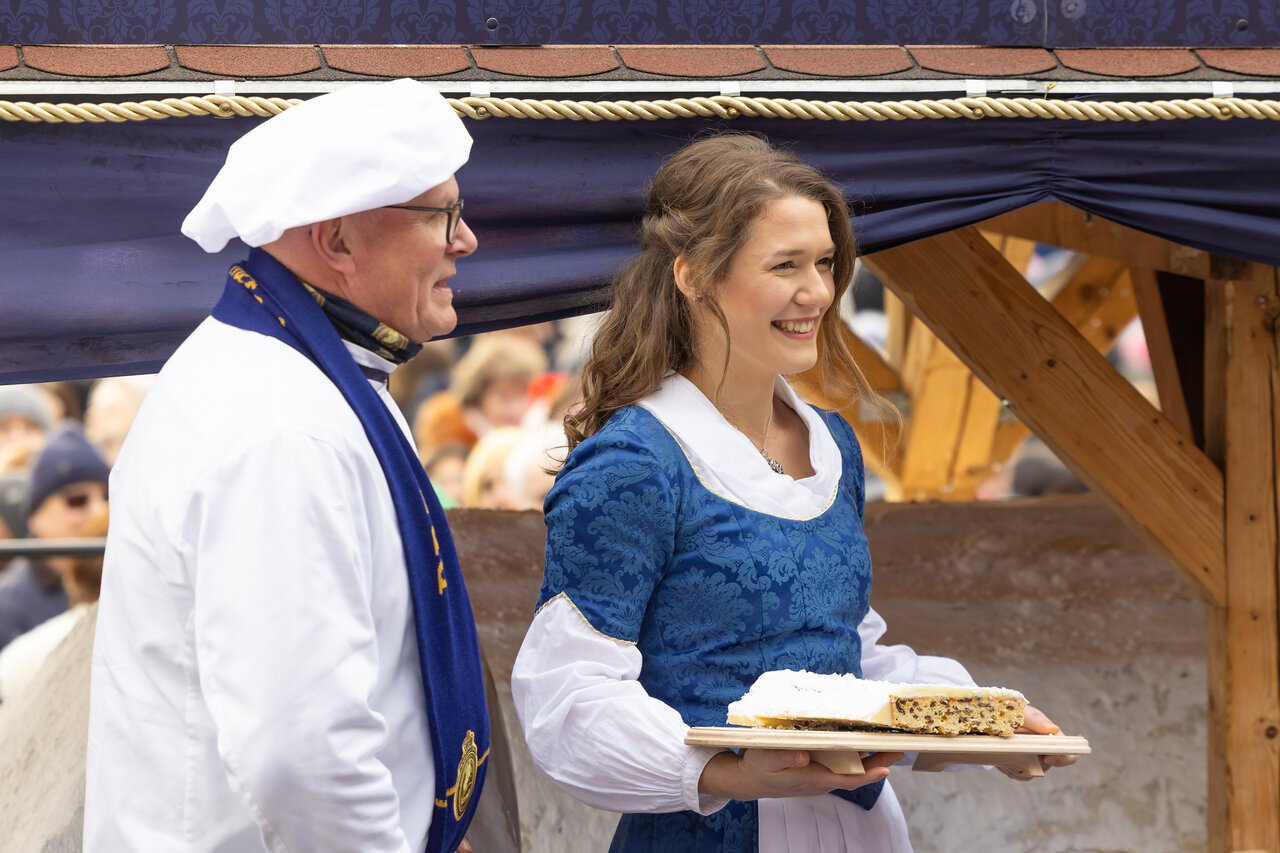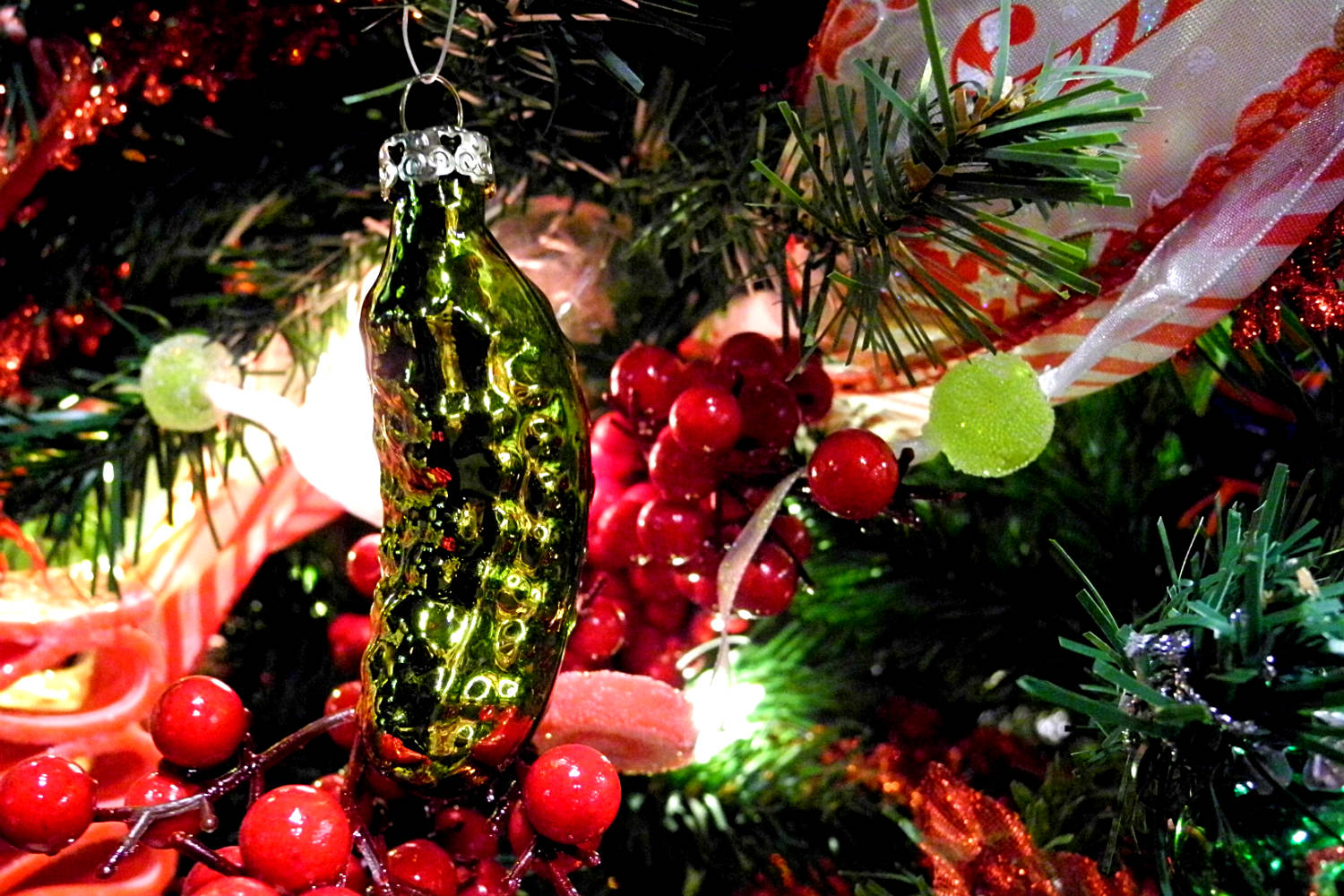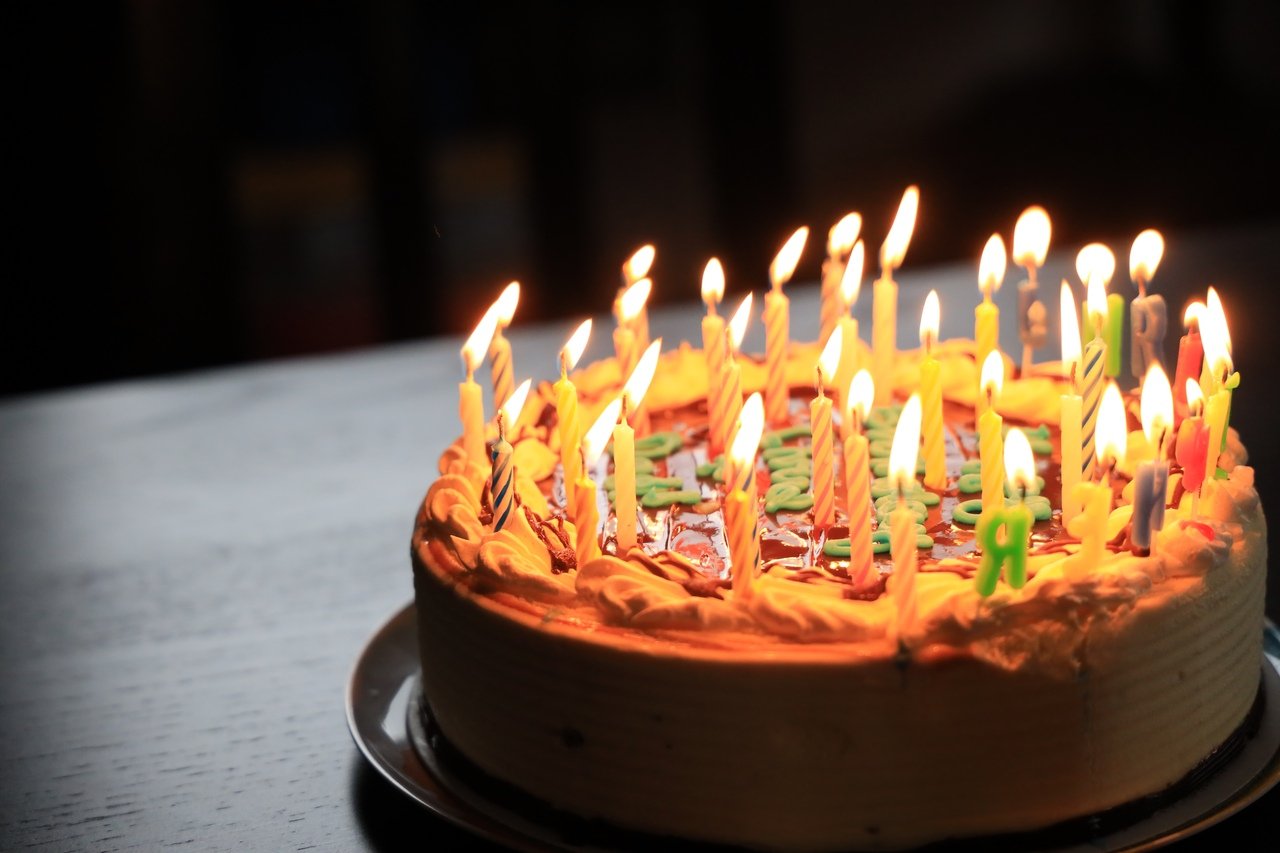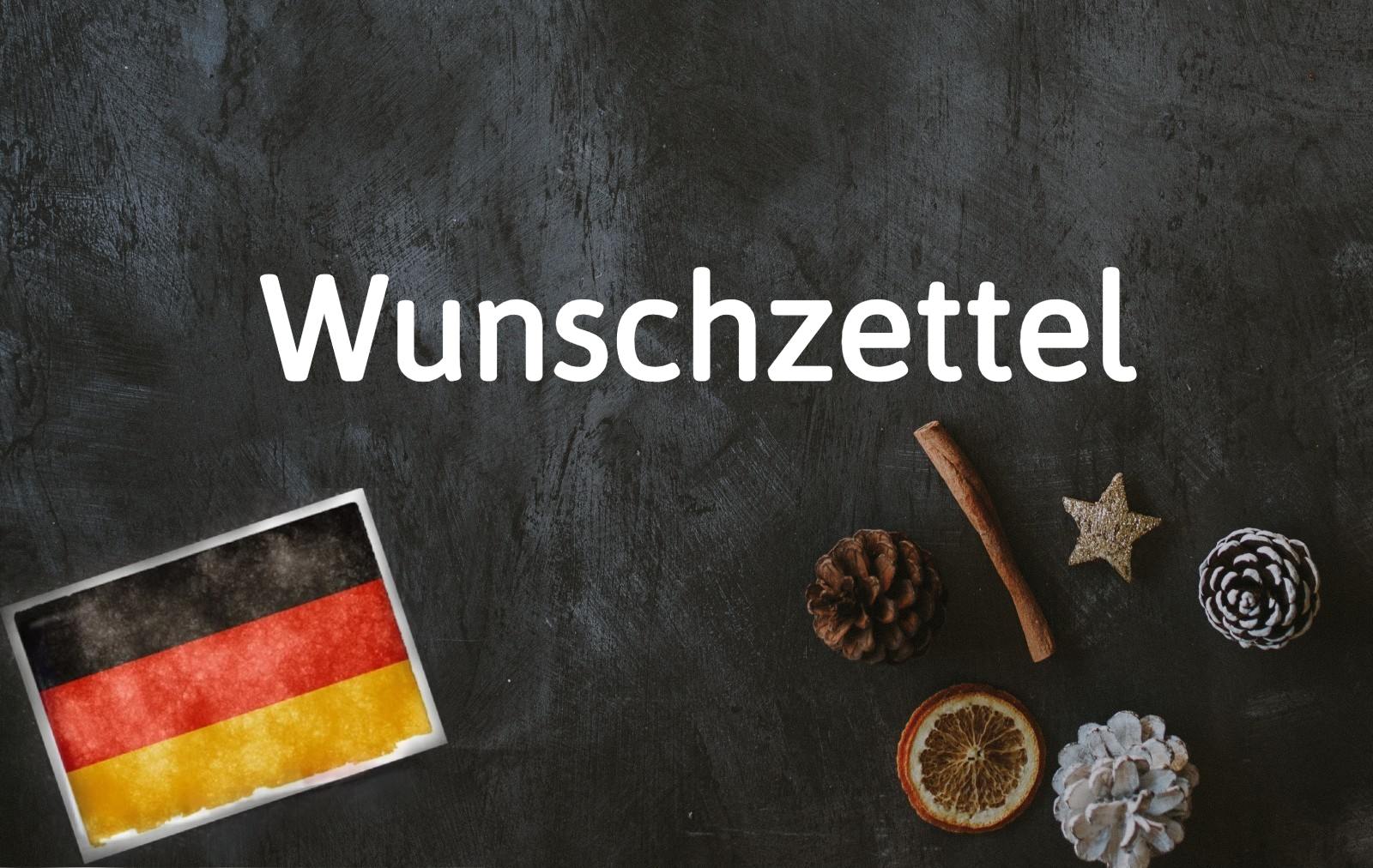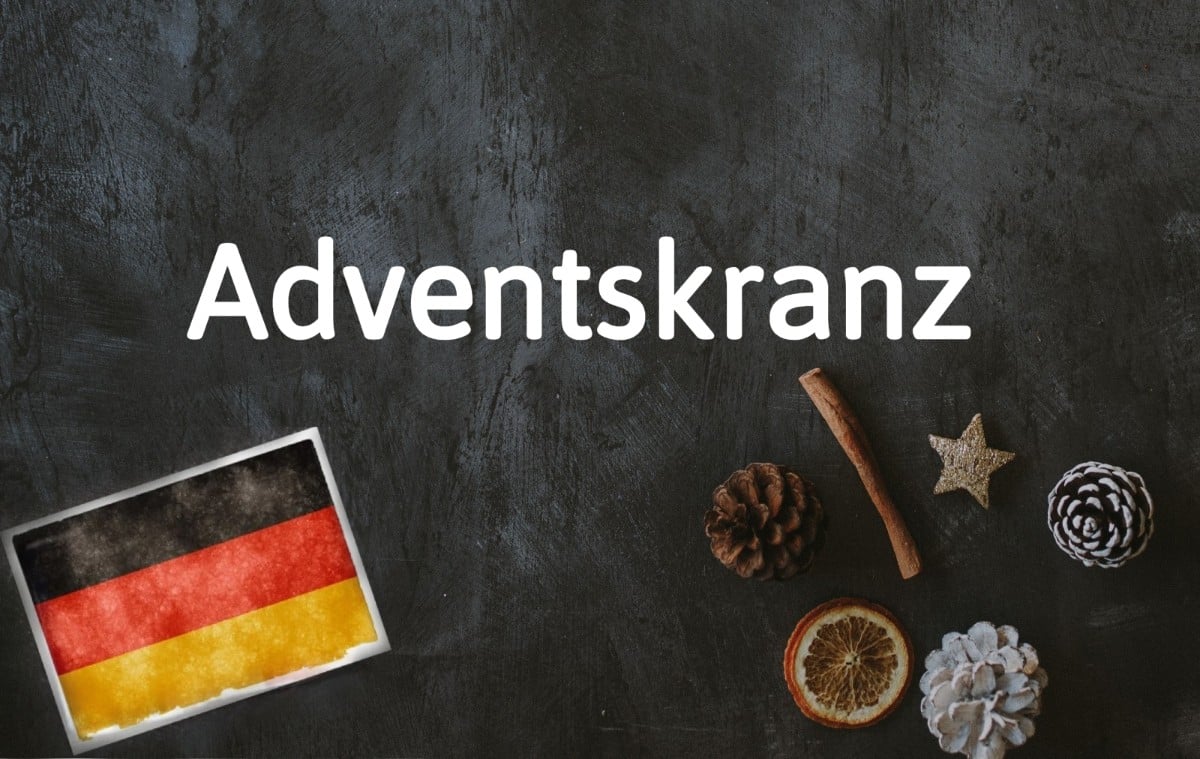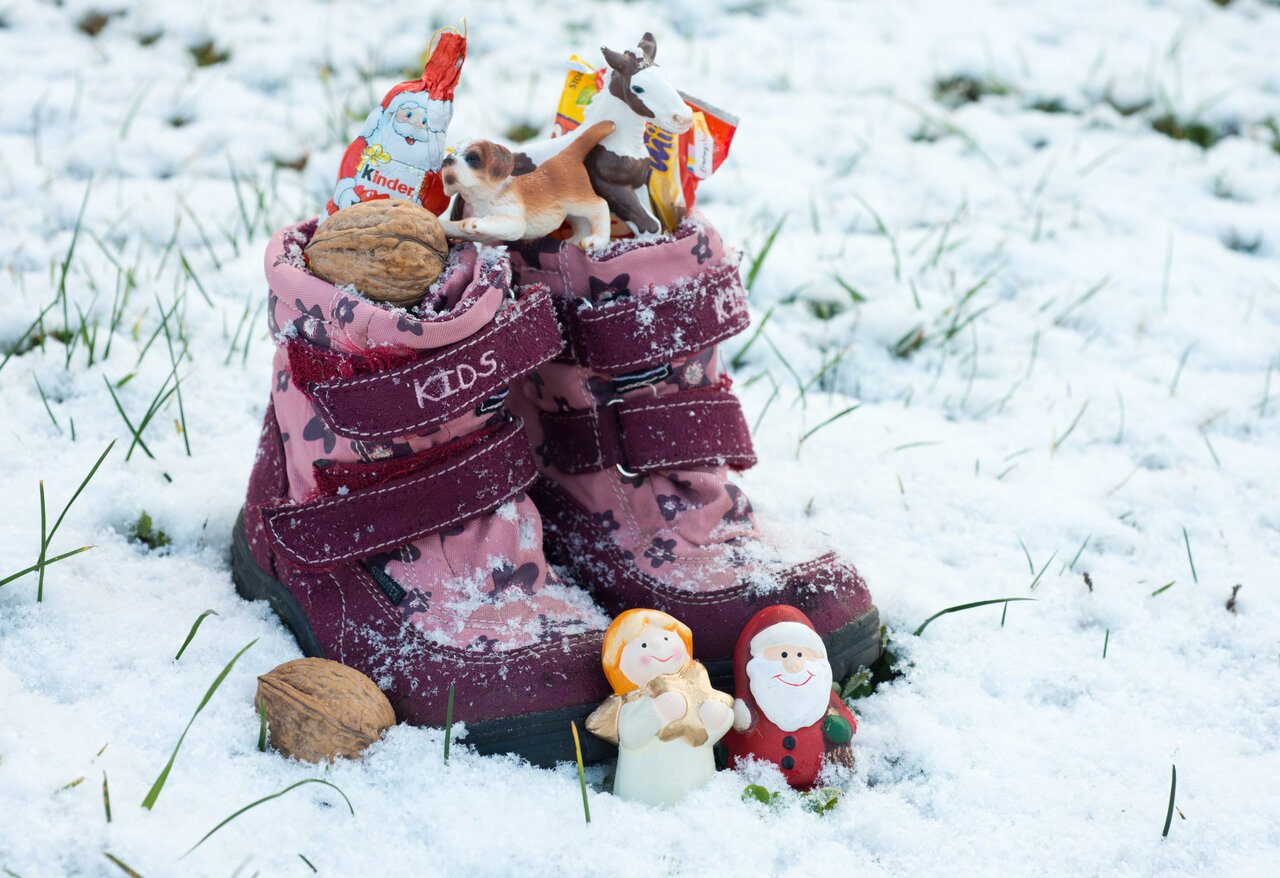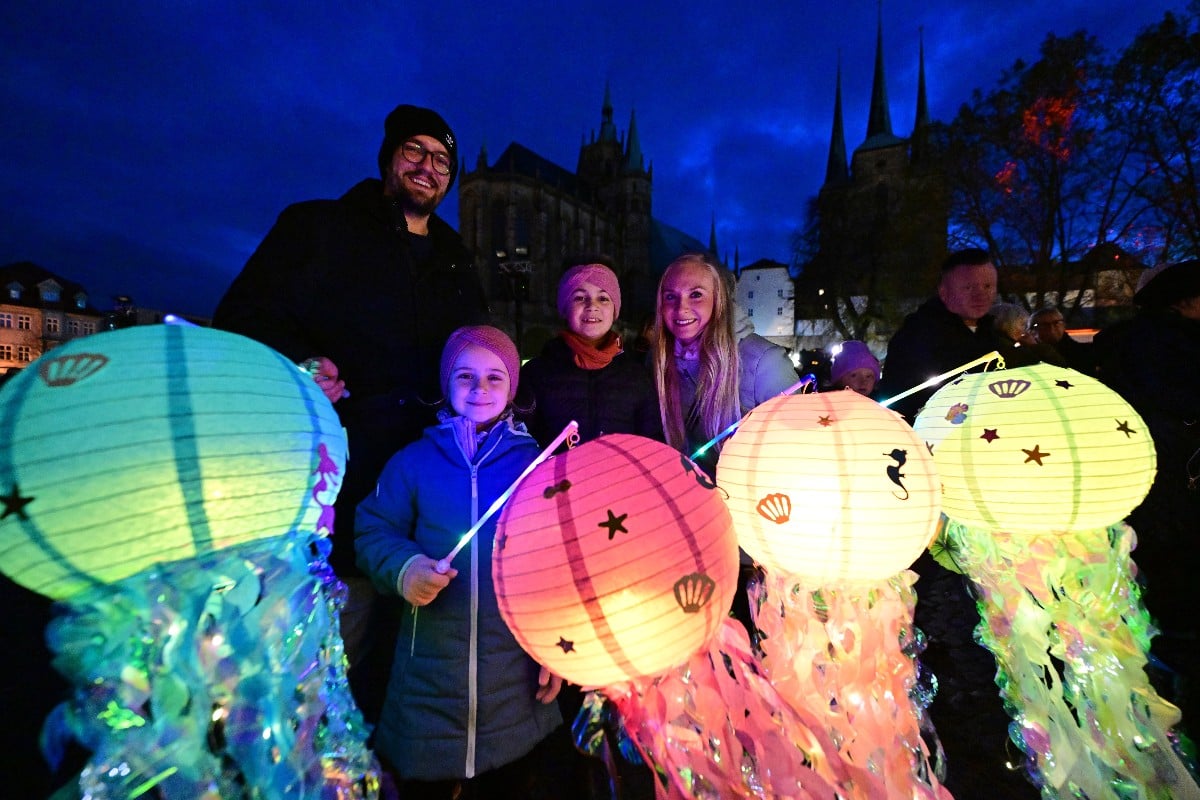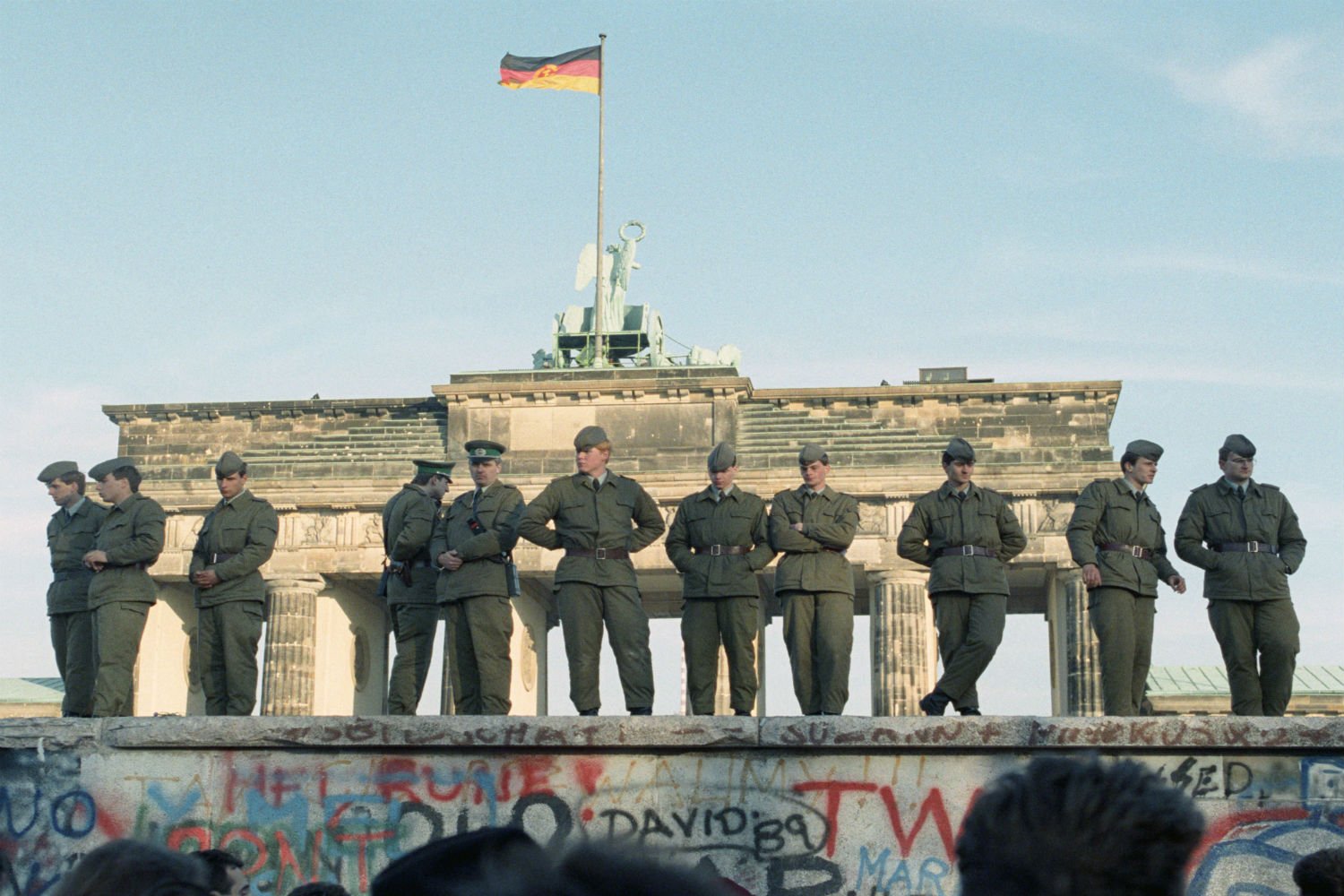January 6th marks Three Kings Day, a public holiday in Baden-Württemberg, Bavaria and Saxony-Anhalt. Here’s a look at how and why it’s celebrated.
Why do Germans call New Year’s Eve Silvester? And what’s with all the mustard-filled doughnuts, firecrackers, and melted lead? The Local has the lowdown.
Invited to a German Christmas dinner and don’t know what to expect? Forget about Turkey with cranberry sauce, say goodbye to mince pies and Christmas pudding and embrace these specialities.
Hang a shining… pickle… on the highest bough? The Weihnachtsgurke, or Christmas Pickle, is supposedly a classic German tradition. But it may not be quite as traditional – or German – as you’d expect.
It is Friday the 13th and, just like most countries, Germany has its own list of strange superstitions.
Making one of these is a big part of the festive season in Germany – and children who send one to Santa Claus in time may even get a reply.
This German tradition is a countdown to Christmas.
In early December, Germany celebrates Nikolaustag. But why does the Santa look-alike come so early?
If you’ve noticed lots of paper lanterns popping up in shops across Germany, here’s why.
We look at the history behind the barrier that split communist East Germany from the West until its fall 35 years ago on November 9th, 1989.


